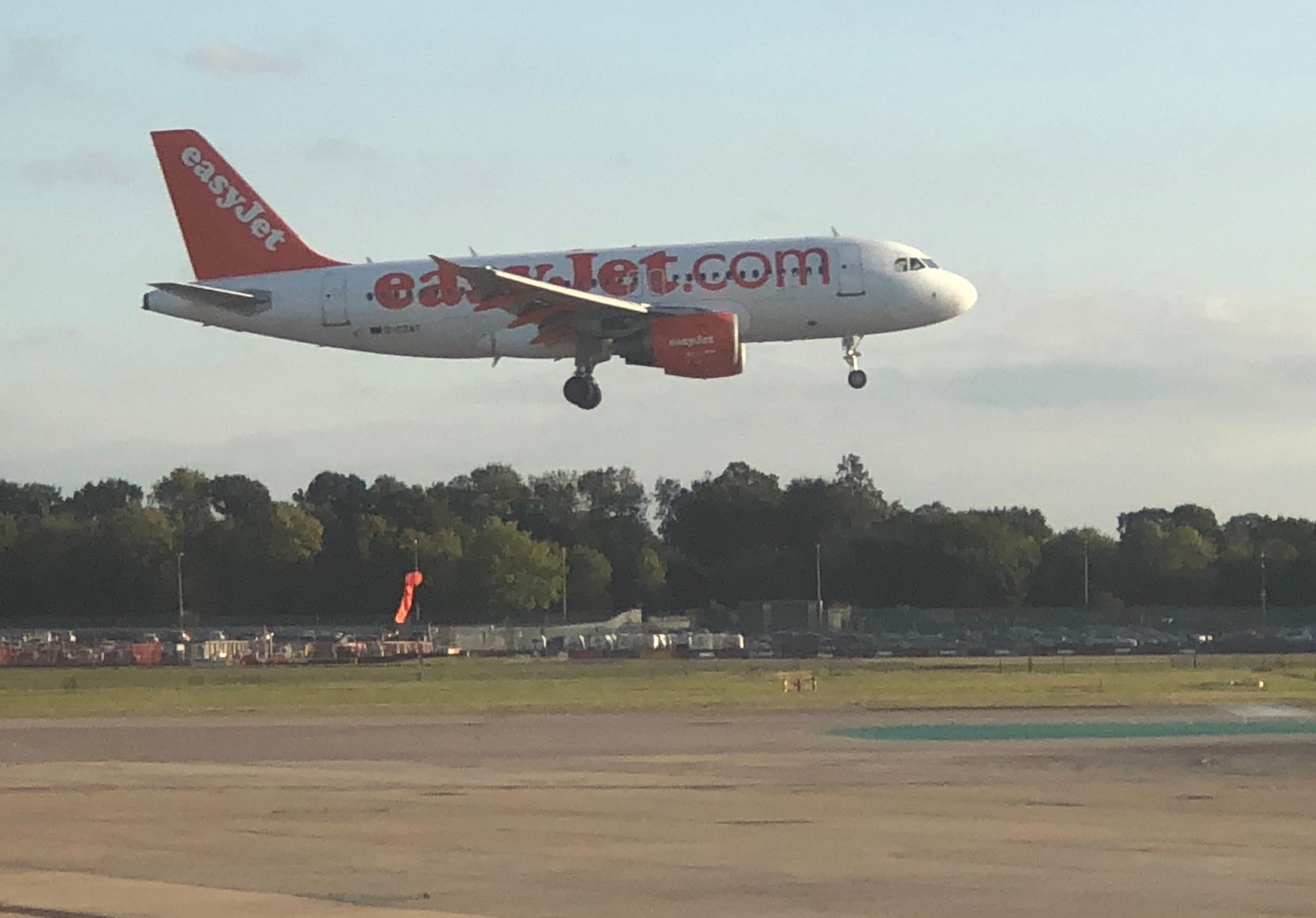EasyJet removes seats from planes to cut cabin crew numbers
Budget airline to take out last row of seats from some jets to reduce staffing requirements due to workforce shortages

Your support helps us to tell the story
From reproductive rights to climate change to Big Tech, The Independent is on the ground when the story is developing. Whether it's investigating the financials of Elon Musk's pro-Trump PAC or producing our latest documentary, 'The A Word', which shines a light on the American women fighting for reproductive rights, we know how important it is to parse out the facts from the messaging.
At such a critical moment in US history, we need reporters on the ground. Your donation allows us to keep sending journalists to speak to both sides of the story.
The Independent is trusted by Americans across the entire political spectrum. And unlike many other quality news outlets, we choose not to lock Americans out of our reporting and analysis with paywalls. We believe quality journalism should be available to everyone, paid for by those who can afford it.
Your support makes all the difference.Britain's biggest budget airline is limiting the number of passengers who can be carried on its smallest aircraft.
EasyJet is taking out the last row of seats from around half of its Airbus A319 jets in order to reduce the crewing requirements. At present the airline is cancelling around 30 flights per day because of staff shortage.
The Air Navigation Order 2016 specifies: “There must be carried not less than one member of the cabin crew for every 50 or fraction of 50 passenger seats installed in the aircraft.”
The A319s have 156 seats, requiring four cabin crew. But by removing six seats in row 26, only three are needed.
All the affected aircraft are based in the UK, where about 60 of the 126 in the total fleet are located.
An easyJet spokesperson said: “This summer we will be operating our UK A319 fleet with a maximum of 150 passengers onboard and three crew in line with CAA regulations.
“This is an effective way of operating our fleet while building additional resilience and flexibility into our operation this summer where we expect to be back to near 2019 levels of flying.”
The airline did something similar in the 2000s, though as a cost-cutting measure rather than as a reaction to staff shortage. At the time there was no obligation to remove seats; instead, a large X symbol was placed on six of the seats and passengers were prohibited from sitting in them.
In the past some airlines have removed rows of seats in order to increase legroom, by adjusting the spacing of remaining seating, but easyJet is not doing the same.
There is not expected to be any impact on existing bookings; the final seats on each flight are typically booked a few days before departure. But it will mean that slightly fewer seats are available, with a commensurate potential increase in fares.
EasyJet says it expects to fly close to 2019 levels this summer. Larger Airbus A320 and A321 aircraft, which carry between 180 and 235 passengers, are unaffected.
Join our commenting forum
Join thought-provoking conversations, follow other Independent readers and see their replies
Comments